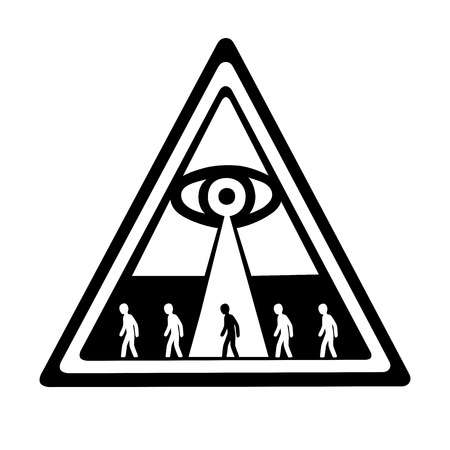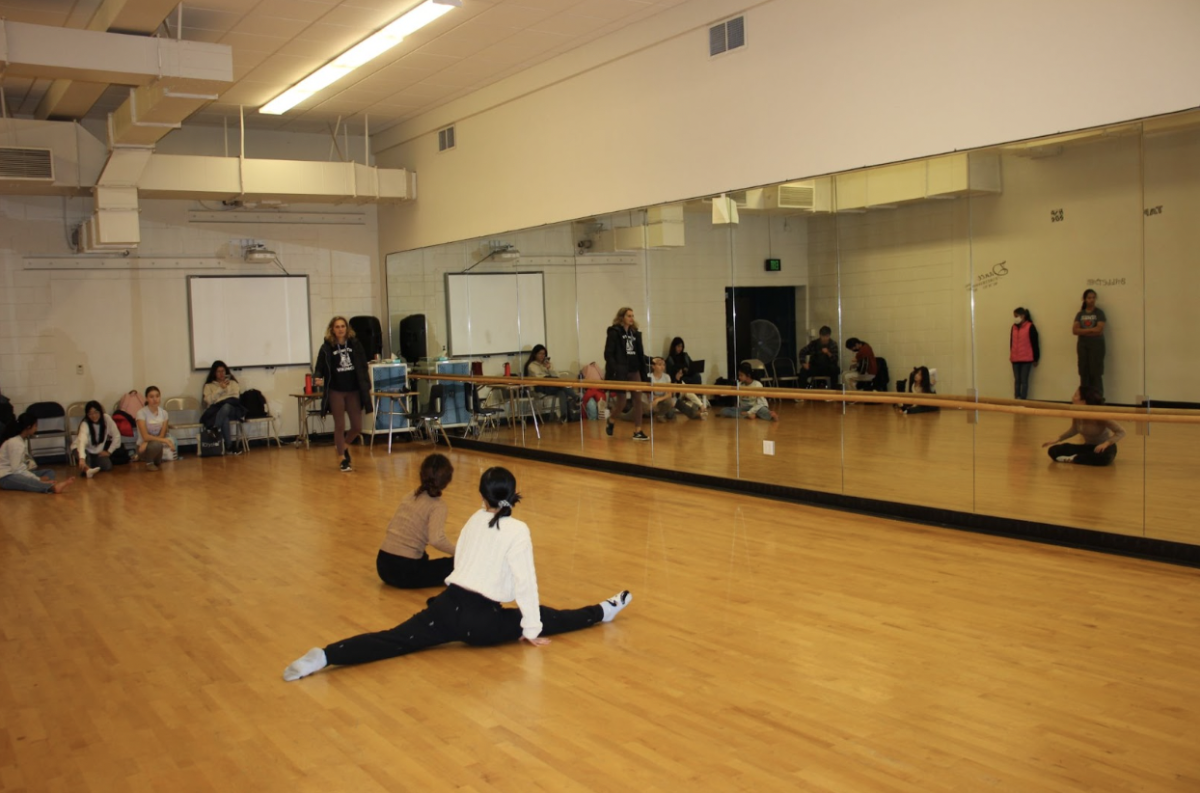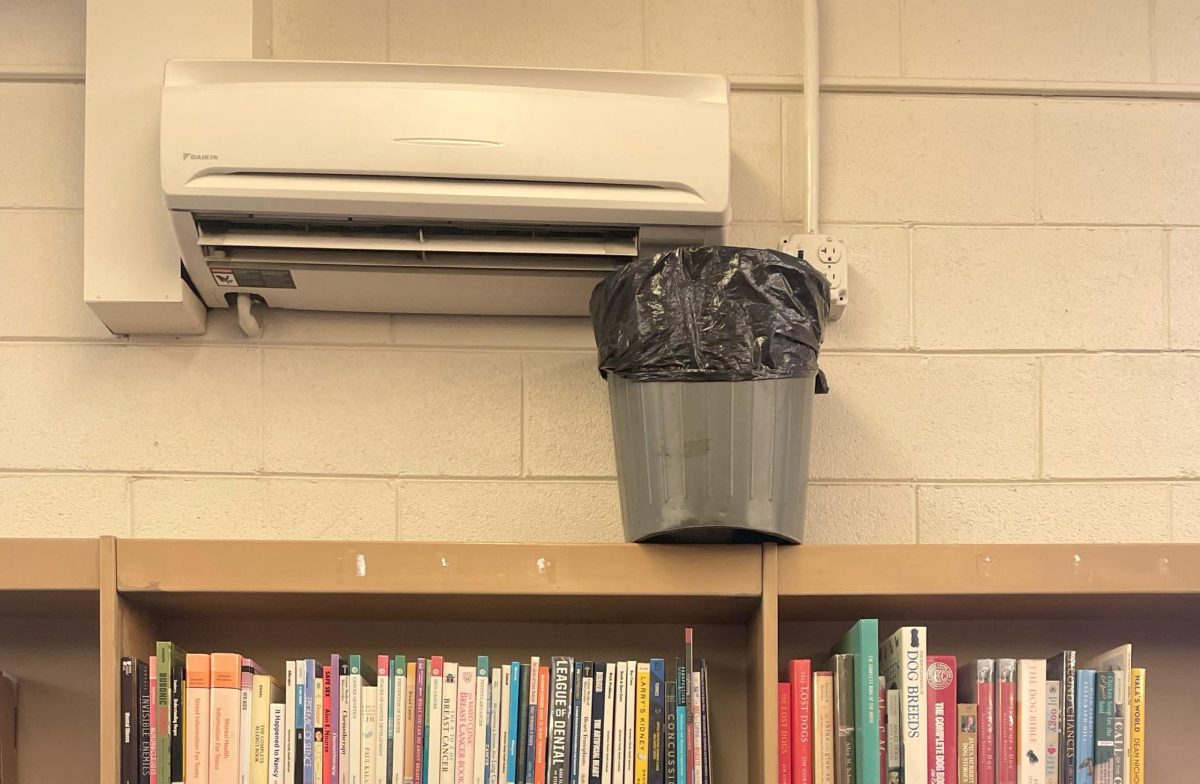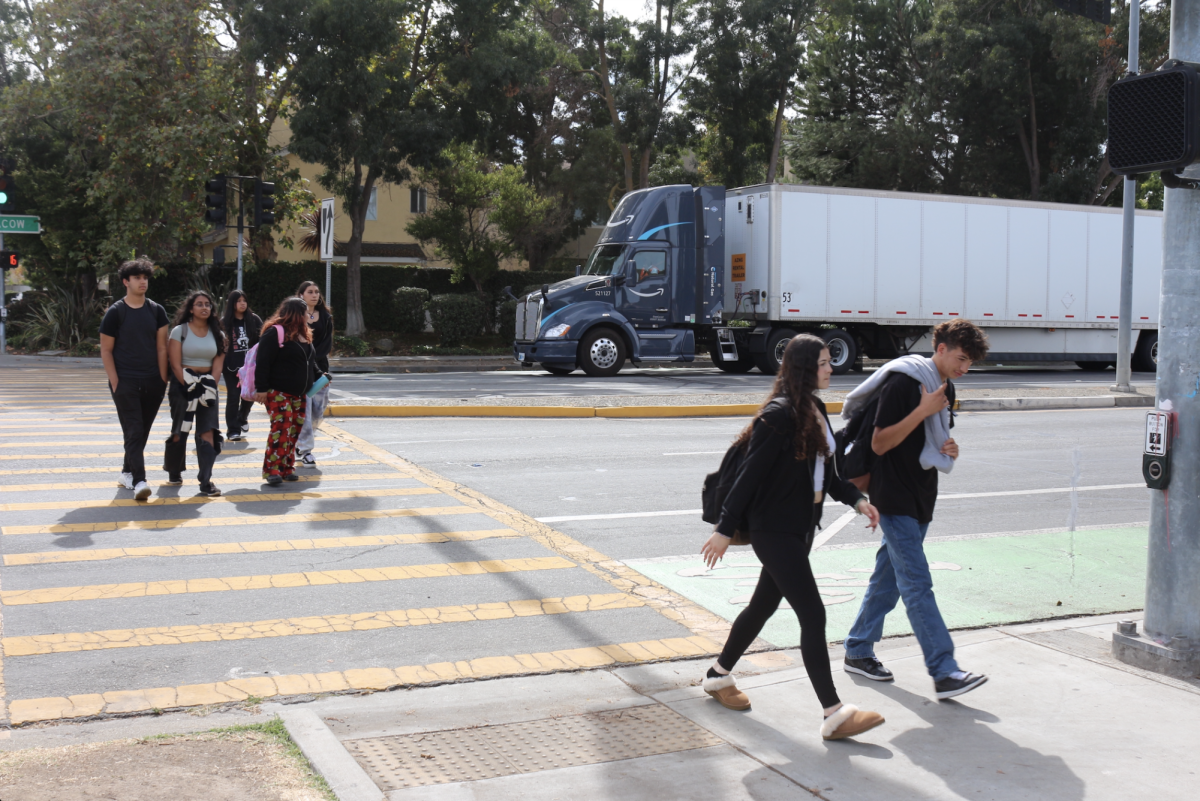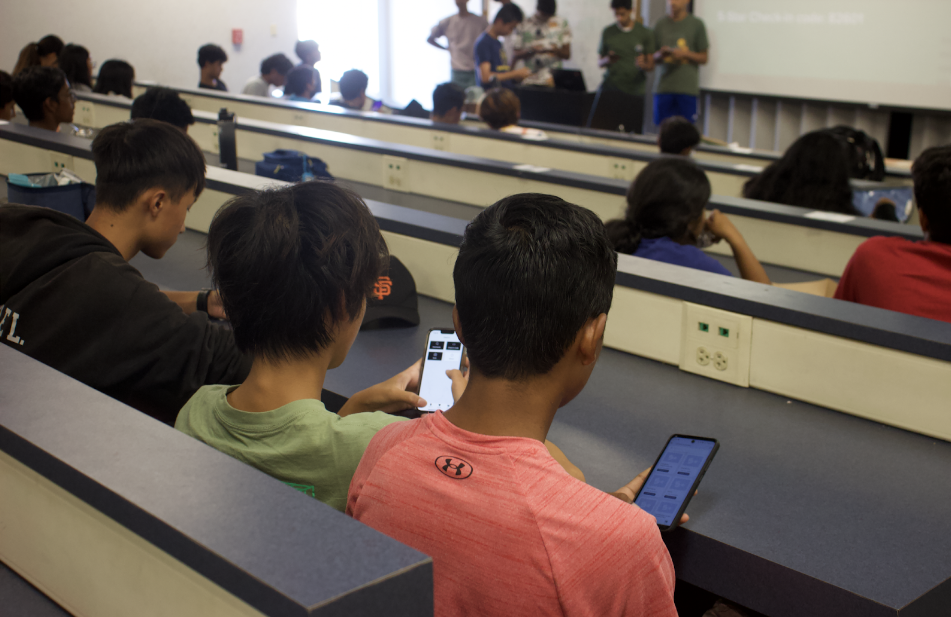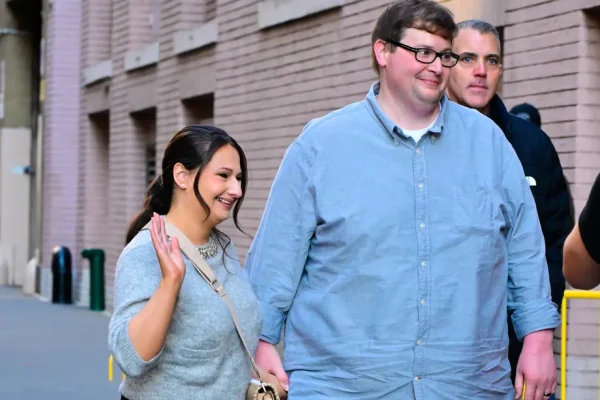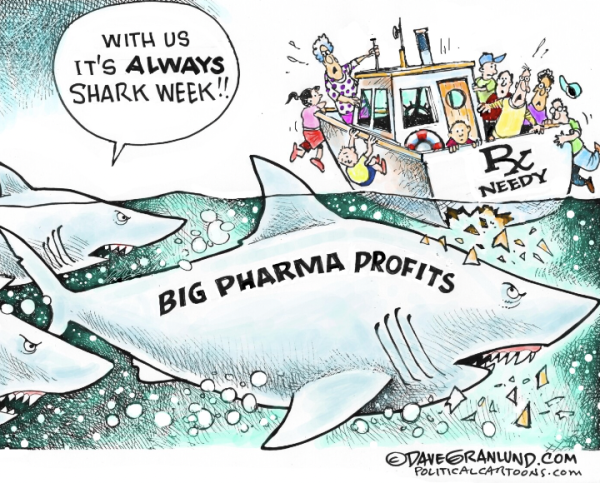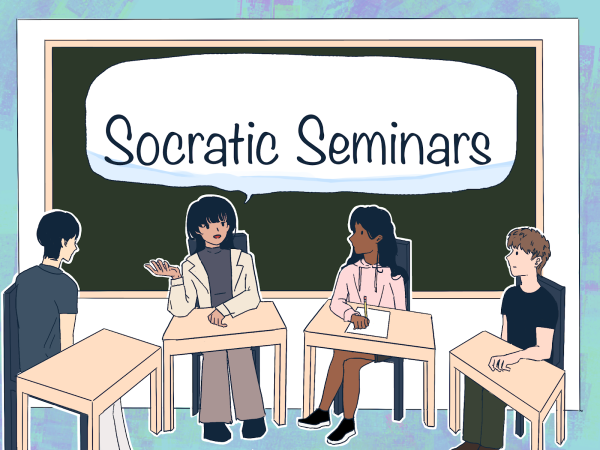Conspiracy Theories- Protector or Destroyer of Democracy
Despite their apparent ridiculousness, conspiracy theories are becoming more dangerous overtime
March 1, 2019
“Have you guys heard of chemtrails?”
Our class looked at each other in confusion. The substitute found this a perfect opportunity to pass us his exceptional wisdom and spread awareness about what the chemtrail conspiracy is—basically, the government is poisoning us by spraying chemicals from airplanes trails to control the climate and how the poison creates health risks such as dementia. While it is easy to simply dismiss conspiracy theorists and make fun of outlandish theories, it is important to note that in recent times, conspiracy theories have become increasingly prevalent and harmful in politics in discussing critical social-issues faced by the US.
With fake news and blatant lies becoming increasingly prevalent in the media, more politicians have turned to use conspiracy theories as evidence to support their political agenda. Due to the polarizing political climate and gullible voters, politicians and supporters alike completely ignore facts and expert insight that hold evidence against their unyielding beliefs— in order to advance a political idea, truth is no longer important. Unlike some harmless conspiracy theories such as the “flat-earth theory” or “fake moon-landing theory”, conspiracy theories used to mobilize supporters or achieve a political goal not only detract meaning in political debates, but perpetuate a wide-scale of harm. Take the climate change conspiracy theory as an example—by theorizing that this hard-pressing issue is invented to unfairly stymie industrial and the economic growth, it takes away funding towards environmentally friendly organizations and bars regulations towards heavily polluting industries. Another example would be school shooting theories. Perpetuated by far-right conspiracist Alex Jones, this theory claims that shooting incidents were fake ploys by Democrats, played out by actors to oppress gun owners. Using these outlandish theories not only denies the existence of real, pressing issues, but makes debating for resolutions impossible since most of the theories are contorted so far from reality. It is normal for two sides of a debate to have different beliefs, but when different sides have different versions of reality, compromise can never be achieved.
Other dangerous theories include the newly rising Anti-vaxx moment. Supporters often have their own realities and take in advice from pseudoscience websites and use essential oils rather than well-established research from medical experts. This is a quintessential example of why it is difficult to combat conspiracy theories. Due to the nature of conspiracy theories, they can dismiss any opposing evidence or facts as government “brainwashing” or propaganda. As a relative minority, they gain a superiority complex that allows them to believe that their beliefs are exclusive to those of their intelligence or awareness, when it’s really just flawed reasoning. The more oppressed their ideology is, the more firm their stance.
Not all conspiracy theories are not inherently bad—it is human nature to be inquisitive. It’s not wrong to be dubious towards the government or big institutions, as skepticism is essential to democracy and free-thinking. However, perpetuating theories such as “climate change is fake” vaccines are dangerous” ignores factual evidence and denies reality. These examples of extreme skepticism and contortion of reality undermines real effective discussions and direct attention towards meaningless arguments, deterring actual progress.


